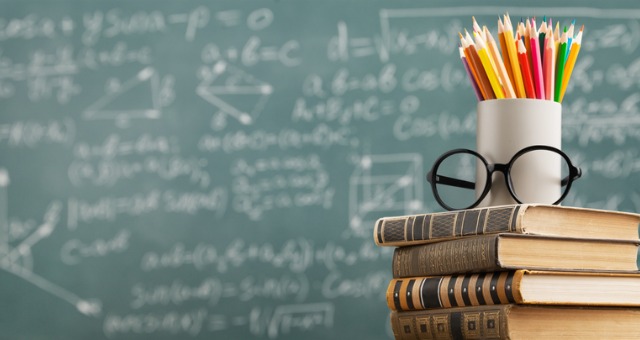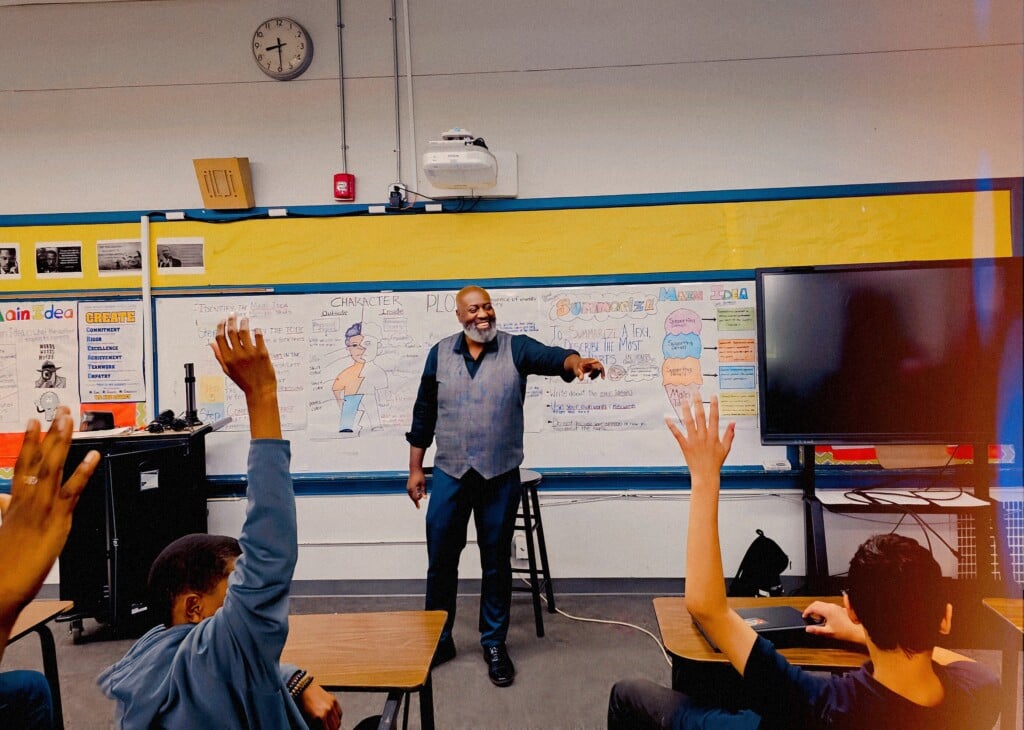Improve Your Child’s Performance with Primary Science Tuition Singapore
Improve Your Child’s Performance with Primary Science Tuition Singapore
Blog Article
Checking Out the Different Mentor Approaches in Primary Science Education Today
Inquiry-based understanding, hands-on experiments, and the combination of technology are redefining exactly how educators engage young minds. In addition, collective approaches and separated instruction are being utilized to provide to the diverse requirements of students, improving both involvement and understanding.
Inquiry-Based Knowing
Inquiry-Based Understanding (IBL) is a pedagogical strategy that motivates pupils to explore clinical principles through doubting, examination, and hands-on experimentation. This technique stresses the role of students as energetic individuals in their learning, promoting critical reasoning and analytic skills. By engaging with real-world inquiries, students come to be motivated and curious, which enhances their understanding of clinical concepts.
In IBL, educators serve as facilitators, assisting trainees as they browse their inquiries instead of supplying info straight. This student-centered method enables differentiation, suiting various finding out speeds and styles. Trainees develop abilities in formulating hypotheses, designing experiments, and evaluating information, which are crucial for scientific proficiency.
In addition, IBL cultivates cooperation amongst trainees, motivating them to share concepts and searchings for. This cumulative questions advertises social skills and a sense of community within the class. The process of inquiry encourages resilience, as pupils learn to embrace failure as a tipping stone towards understanding.
Hands-On Experiments
Hands-on experiments are an essential part of efficient science education and learning, matching the concepts of inquiry-based knowing. These experiments permit trainees to engage straight with clinical concepts, cultivating a much deeper understanding through experiential understanding. By adjusting products and observing results, young learners can comprehend abstract theories in concrete ways.
Such tasks promote crucial thinking and analytical skills, as trainees assume outcomes, conduct experiments, and assess results. This procedure urges them to ask concerns, improve their understanding, and establish a clinical way of thinking. Hands-on experiments can be tailored to diverse discovering designs, ensuring that all trainees have the possibility to engage meaningfully with the web content.
Furthermore, hands-on experiments usually motivate collaboration amongst peers, promoting synergy and communication abilities. Operating in teams allows pupils to share concepts, discuss findings, and pick up from one an additional, which improves their total instructional experience.
Integrating hands-on experiments right into the key science educational program not only enriches the discovering setting but additionally cultivates a lifelong interest in science. By actively joining their education, trainees are most likely to establish an enthusiasm for scientific inquiry that expands past the class.

Modern Technology Integration
Integrating innovation into primary scientific research education and learning has actually become significantly vital in promoting trainee interaction and improving discovering outcomes. The use of electronic devices, such as interactive simulations, online labs, and educational software, offers students with opportunities to explore clinical principles in ingenious methods. These sources assist in a deeper understanding of complex topics by permitting students to imagine and manipulate variables that would certainly be not practical in a conventional classroom setup.
In addition, innovation combination encourages individualized learning experiences. Students can progress at their very own rate, reviewing difficult ideas with multimedia resources, which provide to various knowing styles. This flexibility not only sustains individual development yet also grows a sense of autonomy in students.
In addition, technology acts as a bridge to real-world scientific research, linking students with present research and specialist contributions. Access to clinical journals and online data sources widens students' point of views on clinical questions and promotes critical believing abilities.
Collaborative Learning
Collaborative discovering plays a vital function in main scientific research education and learning by fostering team effort and interaction abilities amongst pupils. This method motivates students to collaborate, share understanding, and involve in problem-solving, which improves their understanding of clinical ideas. By getting involved in team activities, trainees find out to articulate their concepts, pay attention to diverse point of views, and work out remedies, every one of which are essential skills in both real-world and scholastic contexts.

Research study indicates that joint knowing can lead to boosted motivation and involvement in science topics, as students locate pleasure in common experiences (primary science tuition Singapore). Furthermore, this approach prepares trainees for future collaborative ventures, outfitting them with the skills necessary for efficient teamwork in college and specialist settings. Eventually, welcoming collaborative discovering in primary science education can significantly improve the understanding experience and advertise a deeper understanding of clinical questions
Distinguished Direction

Set apart direction can materialize in numerous ways, such as differing the material, processes, or items of learning. Educators might make use of tiered jobs that offer varying levels of complexity, enabling pupils to work at their respective readiness levels. Additionally, adaptable organizing methods can assist in collaboration amongst trainees with different abilities, fostering peer learning.
Analysis plays a critical duty in this strategy, as it notifies instruction and aids instructors understand each student's one-of-a-kind demands. useful reference Formative assessments, such as quizzes and observations, can lead educators in changing their strategies to boost discovering end results. primary science tuition Singapore. Eventually, by implementing set apart direction in primary scientific research education, teachers can grow a more equitable and reliable discovering environment, equipping all students to reach their complete possibility in recognizing clinical sensations
Verdict
In summary, the diverse training strategies in key scientific research education and learning, including inquiry-based learning, hands-on experiments, modern technology assimilation, collaborative discovering, and distinguished instruction, jointly add to a more efficient learning atmosphere. These approaches promote essential thinking, analytical abilities, and a deeper understanding of scientific ideas. By implementing these methods, instructors can create supportive and engaging classrooms that address the diverse demands of students, eventually cultivating a long-lasting passion in scientific research and improving academic accomplishment.
Inquiry-Based look at more info Knowing (IBL) is a pedagogical method that encourages students to explore clinical principles with doubting, investigation, and hands-on experimentation.Collaborative learning plays a vital role in primary science education by cultivating teamwork and interaction abilities among pupils.Study shows that collective knowing can lead to enhanced motivation and interaction in scientific research topics, as pupils locate enjoyment in shared experiences.In promoting a comprehensive learning atmosphere, distinguished guideline emerges as a crucial approach to fit the varied requirements and abilities of students in key scientific research education and learning. Eventually, by implementing distinguished guideline in key science education, instructors can grow an extra efficient and fair discovering environment, equipping all students to reach their complete possibility in recognizing scientific phenomena.
Report this page